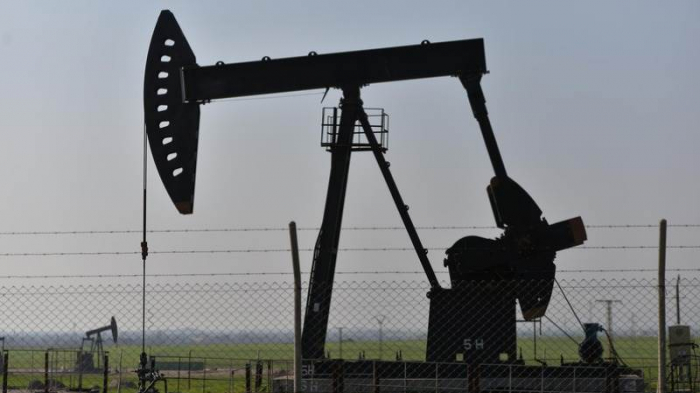Brent crude for January delivery rose 73 cents, or 0.8%, to $93.54 a barrel at 0406 GMT. The December contract expired on Monday at $94.83 a barrel, down 1%.
U.S. West Texas Intermediate (WTI) crude rose 58 cents, or 0.7%, to $87.11 a barrel, after falling 1.6% in the previous session.
The Brent and WTI benchmarks both ended October higher, their first monthly gains since May, after the Organization of the Petroleum Exporting Countries and allies including Russia said they would cut output by 2 million barrels per day (bpd).
"Oil prices cut early losses as the U.S. dollar weakened, with the major global equity markets rising in today’s Asian session ahead of the U.S. Federal Reserve's rate decision later this week," CMC Markets analyst Tina Teng said.
The greenback retreated on Tuesday from a one-week top against a basket of major peers, as traders weighed what message Fed officials would deliver at Wednesday's policy meeting.
A weaker dollar makes oil cheaper for holders of other currencies and usually reflects greater investor appetite for risk.
"OPEC+’s upcoming oil output cuts and the U.S.’s record oil export data also support oil prices fundamentally," Teng said.
OPEC raised its forecasts for world oil demand in the medium-and longer-term on Monday, saying that $12.1 trillion of investment is needed to meet this demand despite the transition to renewable energy sources.
COVID-19 curbs in China forced the temporary closure of Disney's Shanghai resort on Monday and have spurred worries of lower fuel demand in the world's top crude oil importer as it persists with its zero-COVID policy.
Strict pandemic restrictions have caused China's factory activity to fall in October and cut into its imports from Japan and South Korea.
Stephen Innes, managing partner at SPI Asset Management said that "the market has digested the latest string of China lockdowns".
"The further we move into November, the closer we get to the EU-Russian oil embargo taking effect, which will have a material impact on Russia's supply and by extension global supply," Innes said.
Keeping a check on oil prices, though, U.S. oil output climbed to nearly 12 million bpd in August, the highest since the start of the COVID-19 pandemic, even as shale companies said they do not expect production to accelerate in coming months.
That is likely to lead to a rise in U.S. crude oil stocks in the week to Oct. 28 of about 300,000 barrels, a preliminary Reuters poll showed, while distillate and gasoline inventories were expected to fall.
The poll was conducted ahead of reports from the American Petroleum Institute due at 4:30 p.m. EDT (2030 GMT) on Tuesday, and the Energy Information Administration due at 10:30 a.m. (1430 GMT) on Wednesday.
More about:















































